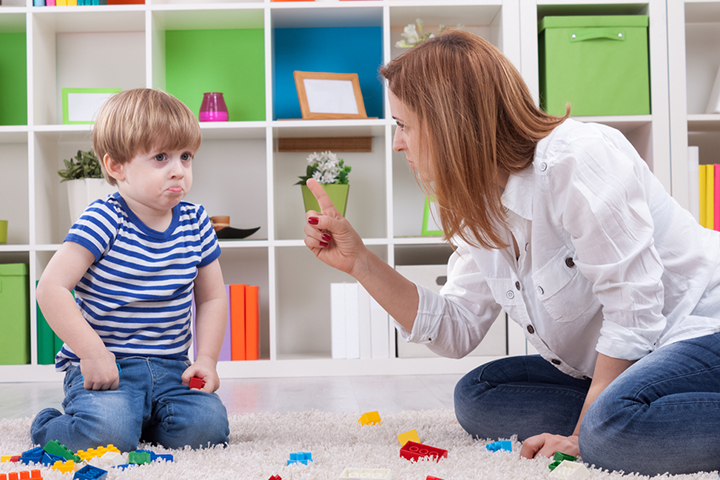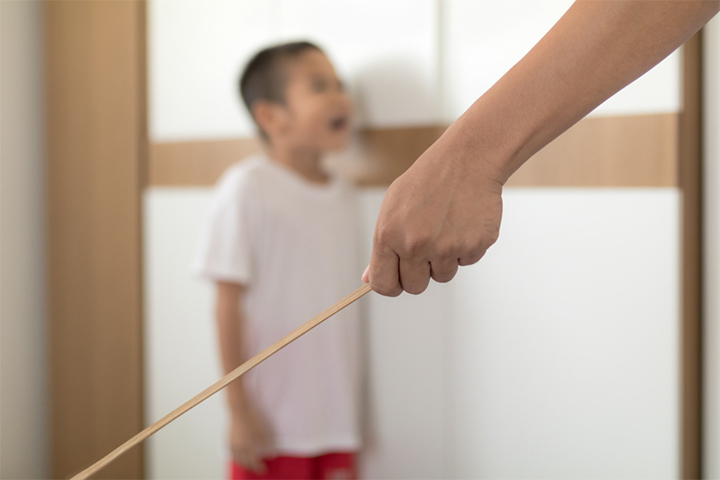
Raising respectful and well-behaved kids is a top priority for all parents. Disrespectful behavior can be harmful to a child’s relationships and overall well-being, and it’s important to nip it in the bud before it becomes a habit. But the urge of providing everything to the kids and accepting their behavior all the time can backfire on a lot of parents when they want the best for their kids. So in what ways can you limit your kids from overstepping the limits of being strong-willed to disrespectful kids? Well let’s find out, shall we? In this article, we’ll discuss the top 8 tips that will surely help you avoid raising disrespectful kids.
1. Lead By Example
Children learn by watching their parents and mimicking their behavior. If you want your kids to be respectful, you need to model that behavior yourself. Your behavior sets the tone when it comes to teaching your kids about respect. Show them what kind and courteous behavior looks like so they can model after you in their interactions with other people. Show respect to others by using polite language, avoiding put-downs, and listening actively when others are speaking.
2. Encourage Empathy
Teach your children to put themselves in other people’s shoes and understand their perspectives. Encourage them to think about how their actions and words might affect others. This can help them become more sensitive to others’ feelings and avoid disrespectful behavior. For example, ask them to put themselves into someone else’s shoes before making judgments or decisions. This teaches them understanding & compassion towards those who may have different beliefs than their own!
3. Establish Clear Boundaries
Children need to understand what is and isn’t acceptable behavior. Establish clear rules and consequences for disrespectful behavior, and be consistent in enforcing them. This will help your kids learn what is expected of them and how to act appropriately in different situations. Because you know, how troublesome it can get if you pamper your kids all the time and they repeat this behavior to get what they want. So it’s better to become a strict parent instead of being a helpless one.
4. Foster A Sense Of Responsibility
Teach your kids to take responsibility for their actions and to apologize when they do something wrong. This will help them understand the importance of being accountable and respectful to others. Also, make sure that everyone in the family has equal rights, no one should feel superior to another person. This will foster a sense of mutual respect among all members of your household.
5. Promote Self-Reflection
Encourage your kids to think about how they’re feeling and why they’re acting the way they are. This can help them identify and manage their emotions and avoid disrespectful behavior. This method will also help them calm down and manage their anger or disagreement more effectively without causing much fuss. They might make wiser decisions and act with maturity if they know what all the thoughts are bothering them and how they can deal with them.
6. Teach Active Listening
Encourage your kids to listen carefully when others are speaking. Teach them to ask questions, show interest in what others have to say, and avoid interrupting. This will help them build strong relationships and avoid disrespectful behavior. And at the same time listen to them as well. Listening shows them that you value their opinions even if they may not always agree on everything!
7. Provide Positive Reinforcement
Reward your kids for respectful behavior, and acknowledge their efforts. Positive reinforcement can be a powerful motivator, and it will encourage your kids to continue to act respectfully. So, reward good behavior rather than punishing bad behavior whenever possible!
8. Avoid Using Physical Punishment
Physical punishment can be damaging to a child’s self-esteem and can lead to resentment and disrespectful behavior. They might not share their feelings or connect with you on several topics if they know they’ll be having a hard time making mistakes or misbehaving. And physical punishment will only make them obstinate in nature and their anger or frustration might pile up and make them even more prone to misbehaving or even blowing up in public places. So to avoid such an embarrassing situation you should focus on maintaining positive reinforcement and setting clear boundaries.
Raising respectful kids requires effort and consistency from parents. By leading by example, fostering empathy, establishing clear boundaries, promoting self-reflection, and using positive reinforcement, you can help your kids develop strong interpersonal skills and avoid disrespectful behavior. Overall raising respectful kids take work but following these eight tips will certainly get you off on the right track toward achieving this goal successfully! Remember, it’s never too early or too late to start teaching your kids to be respectful and considerate of others. So, let us know in the comment section below how you raised your little ones into being respectful. Happy parenting!








